
As ART WORKS Projects reflects on our past 15 years amplifying the voices of those impacted by human rights abuses, we are revisiting our friends whose stories left an indelible mark on our journey together.
SANCTUARY/SUSTENANCE was first released in 2013 as a short film tracing the refugee journey. In 2015, AWP commissioned a series of visual stories exhibited in cities across the U.S. in order to take a closer look at families navigating resettlement, including following a refugee family’s first 30 days in Seattle after spending many years in a camp in Nepal. We asked photographer Erika Schultz to check in with the Biswa family to see how they continue to adjust to life in the U.S.
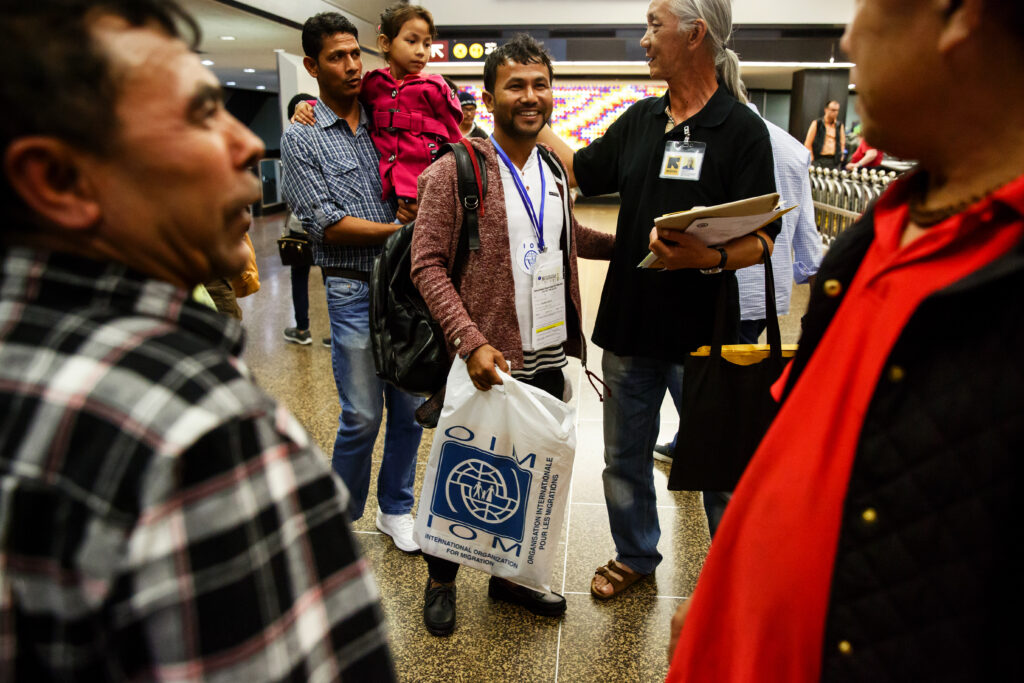
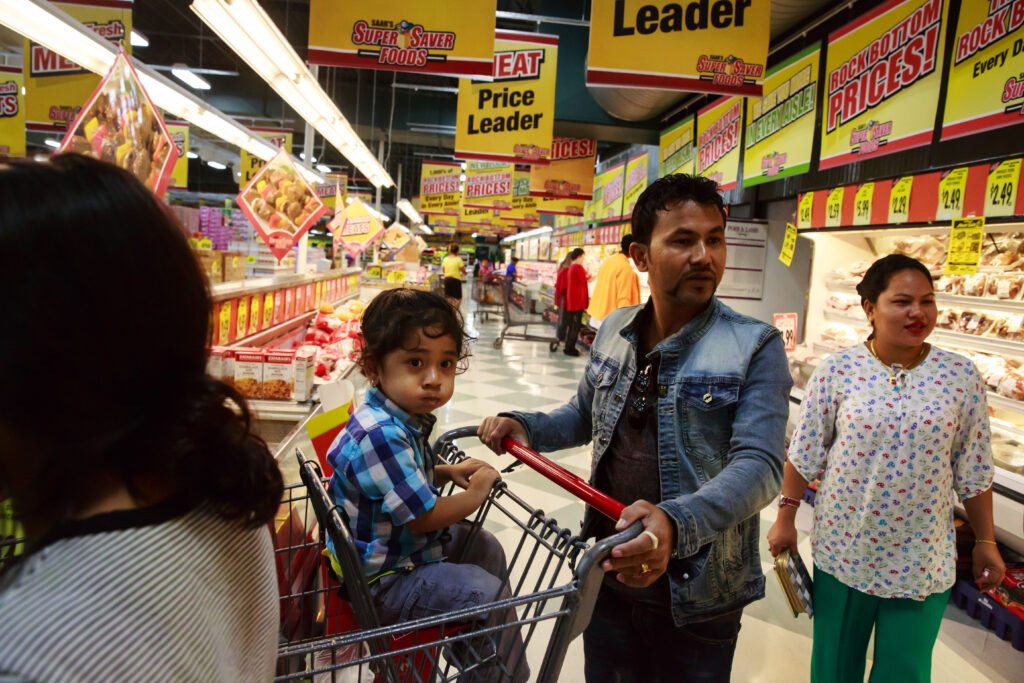
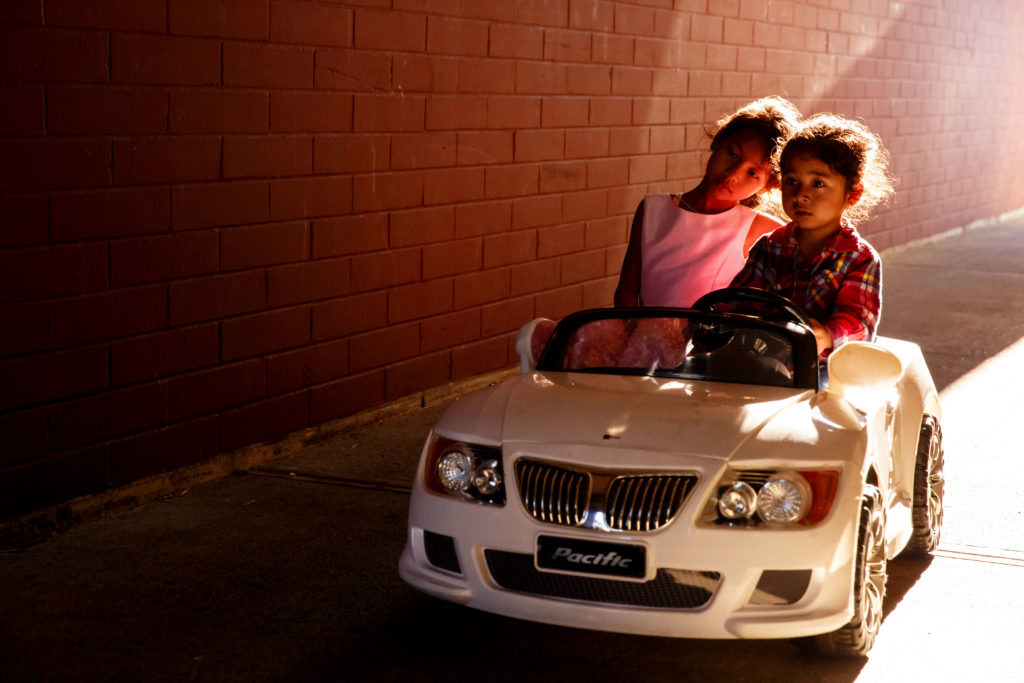
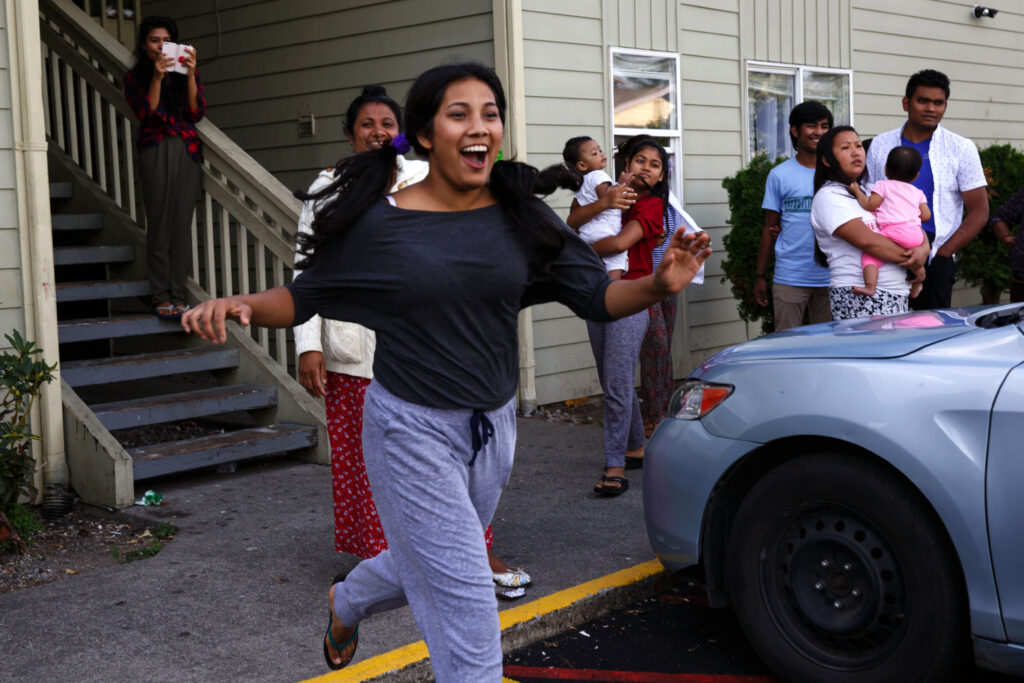
During Summer 2016, Sunita and Birka Biswa and their two daughters, Prashana, 13, and Pranshu, 8, left their bamboo home in a refugee camp in eastern Nepal and boarded a plane for the first time in their lives.
After traveling for three days, relatives and International Rescue Committee caseworkers embraced the Biswas at Sea-Tac Airport on the evening of August 8, 2016. They were the last of their family to be resettled in the United States after years of being stateless and separated by thousands of miles from their loved ones.
The Biswa family shared during their first weeks in the United States with The Seattle Times — including family reunions, first errands, as well as their initial health and job screenings.
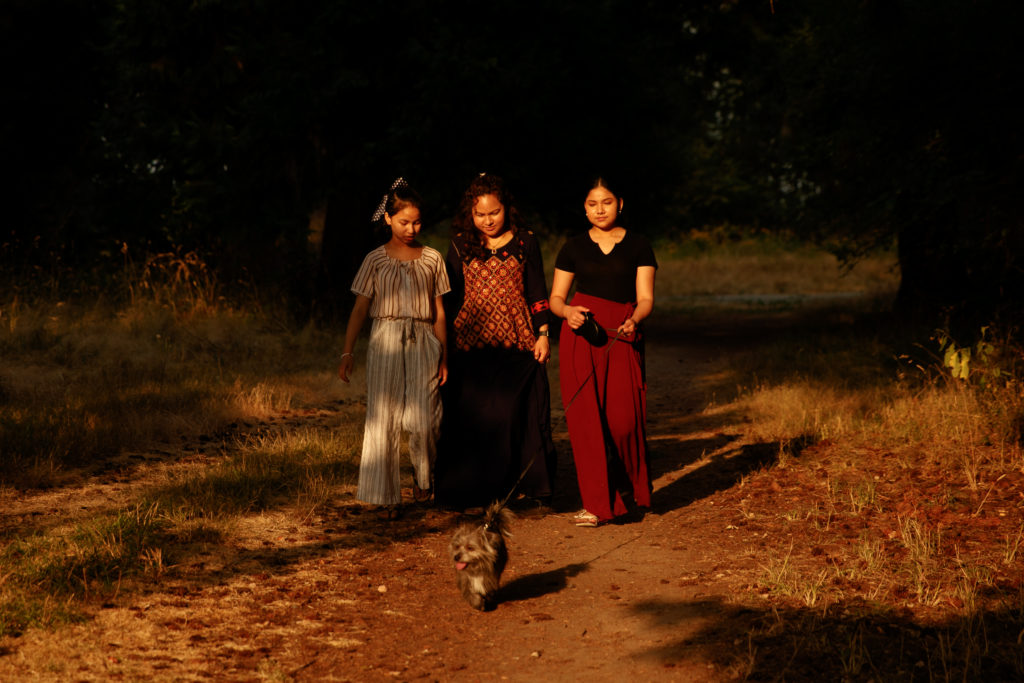
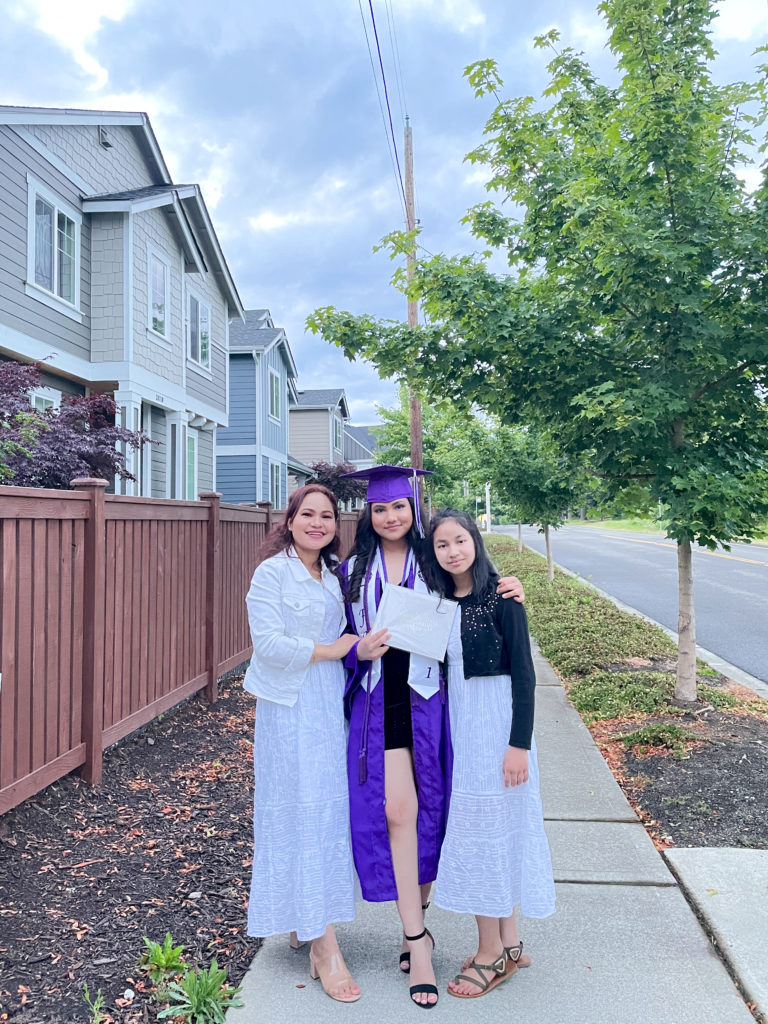
Wearing a long purple gown and cap, Prashana Biswa, 18, graduated from Foster High School in Tukwila, Washington during June 2021.
“When I first came here, I had no English,” she said. “Everything was very difficult… I never thought I’d be able to graduate.”
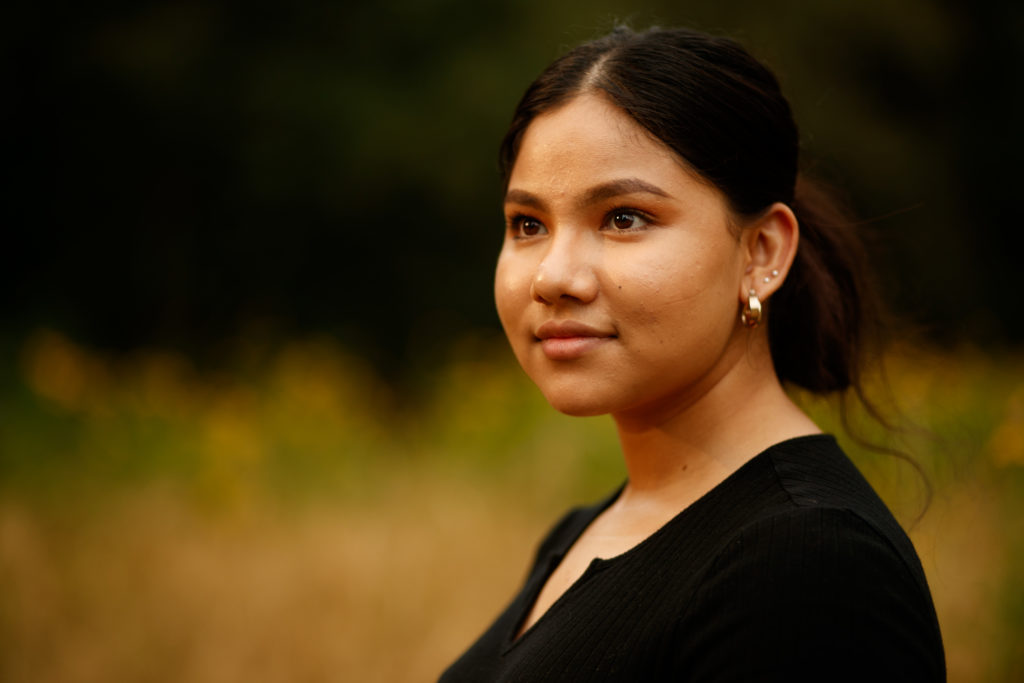
“At first, it’s going to look like you’re not going to make it,” she said. “You have to be brave to face it.”
Her courage and hard work paid off. By the start of the ninth grade, Prashana said her English improved to the point where, “I never felt like it was easy, but I understood what I was doing.”
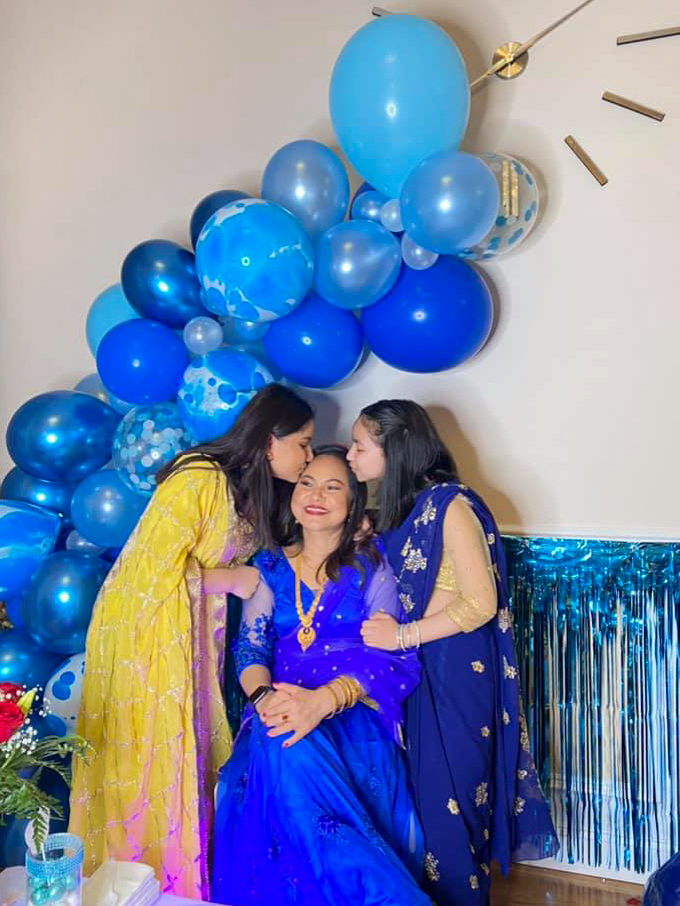
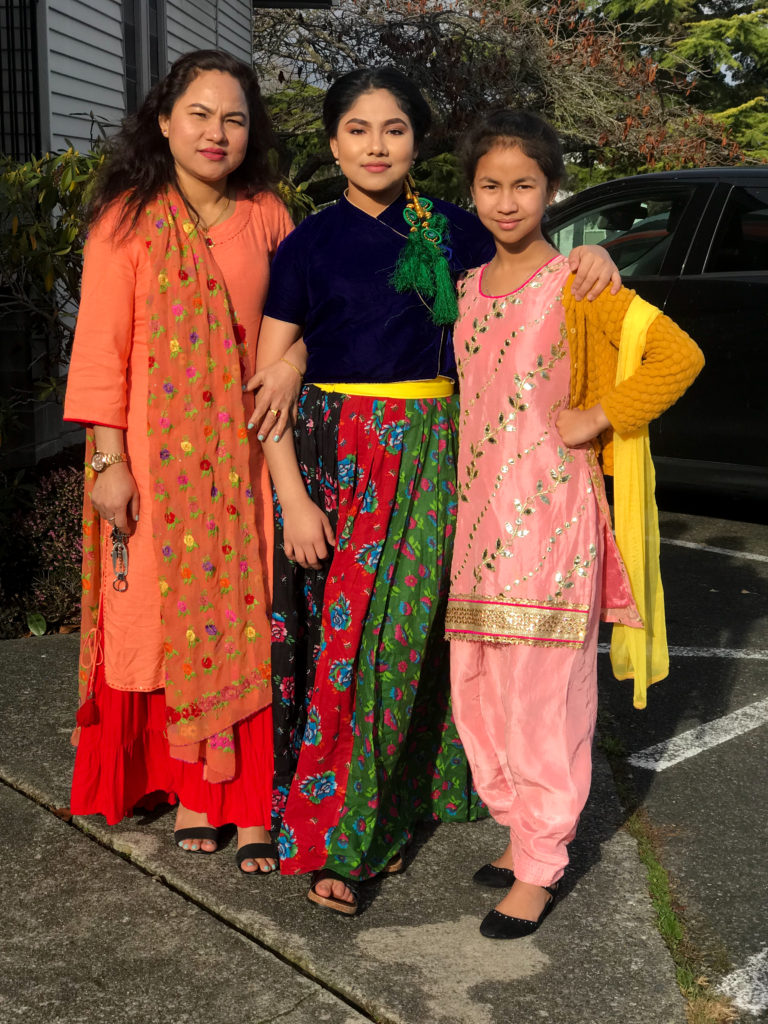
As the eldest daughter, Prashana said family was her motivation. She often helped her mother with daily tasks like navigating directions and making appointments. She said she tapped into a “bravery” inside herself.
“I can do this — I have to do this,” she said. “If I don’t do it, who is going to do it?”
During high school, Prashana developed a love for learning history— particularly Black history and the context of conflicts around the world. She also started teaching guitar lessons to younger kids from her church.
“Even now, I’m still learning,” she said. “There are many more things I have to learn and know.”
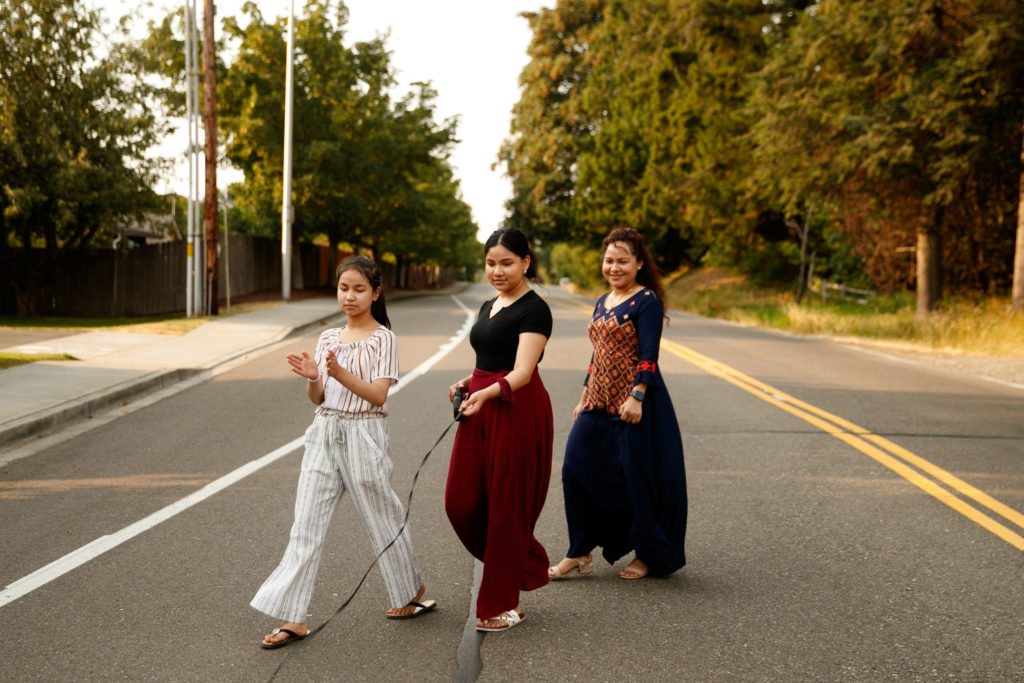
“When I was in eighth grade, I never thought I’d be able to get through this,” she said. “When I did, I felt very proud of myself.”
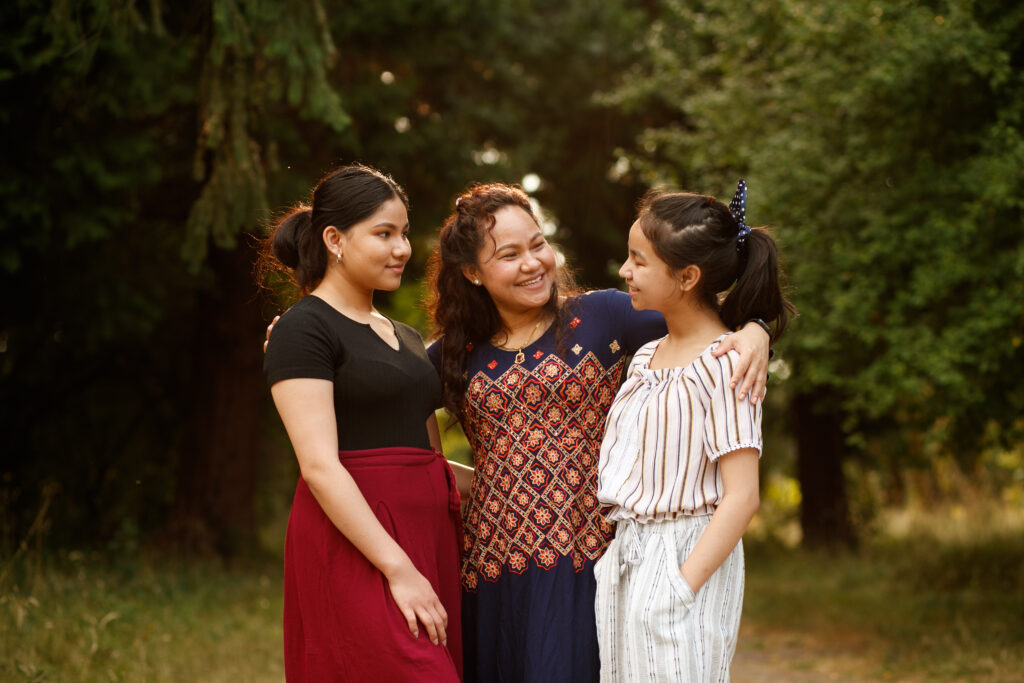
“Education is important,” she said.
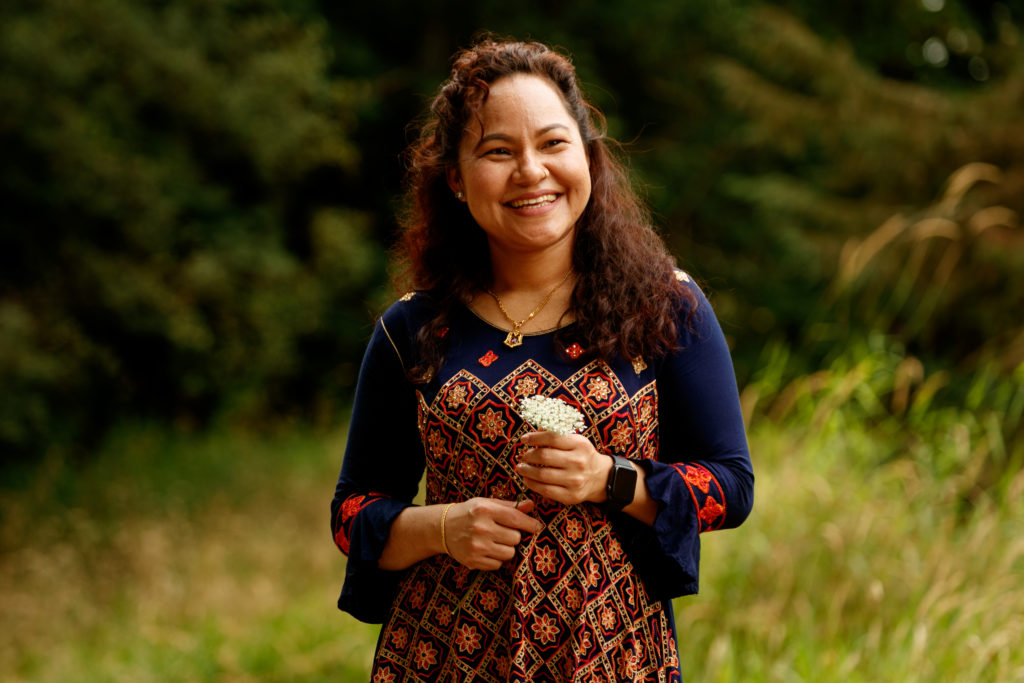
With her family in West Bengal, India— Sunita said it’s been challenging to be separated. Her mother is currently in the hospital and her brother is sick. She often worries about their health.
Sunita sends remittances to her family in India. During June, Nepal suffered from severe flash flooding and mudslides across the country. Sunita and members of her church sent money to people who lost their homes.
She said it felt rewarding to “be able to help people” in need.
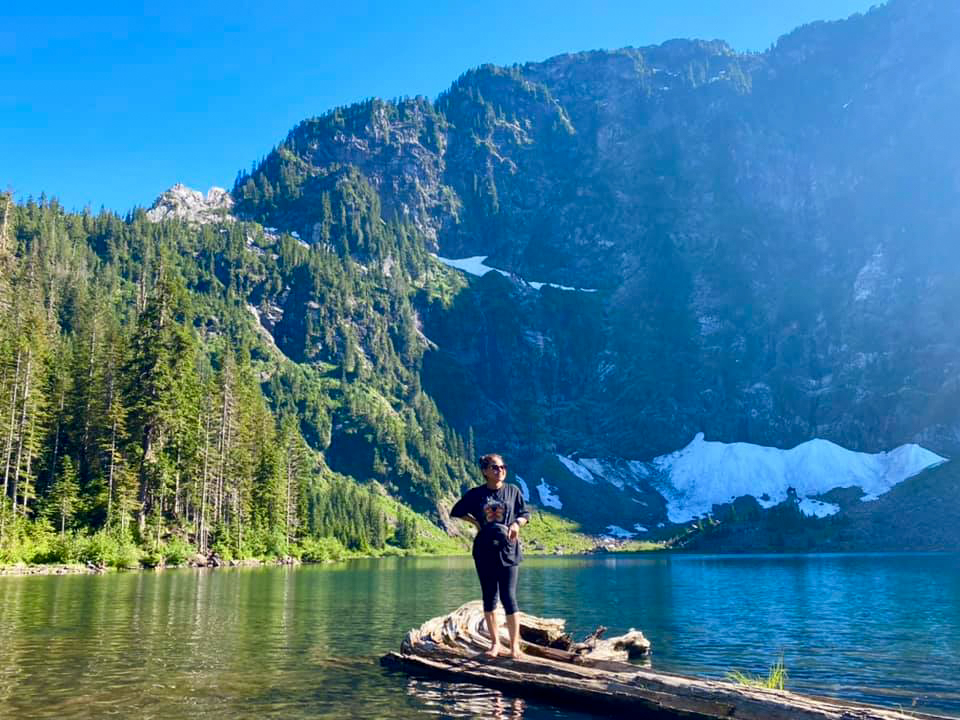
During the last five years, Sunita visited numerous sites in Washington state — including challenging hikes on Cascade Mountain to glacier lakes. Her favorite place in the United States, so far, is visiting the Skagit Valley tulip fields with her daughters during the springtime.
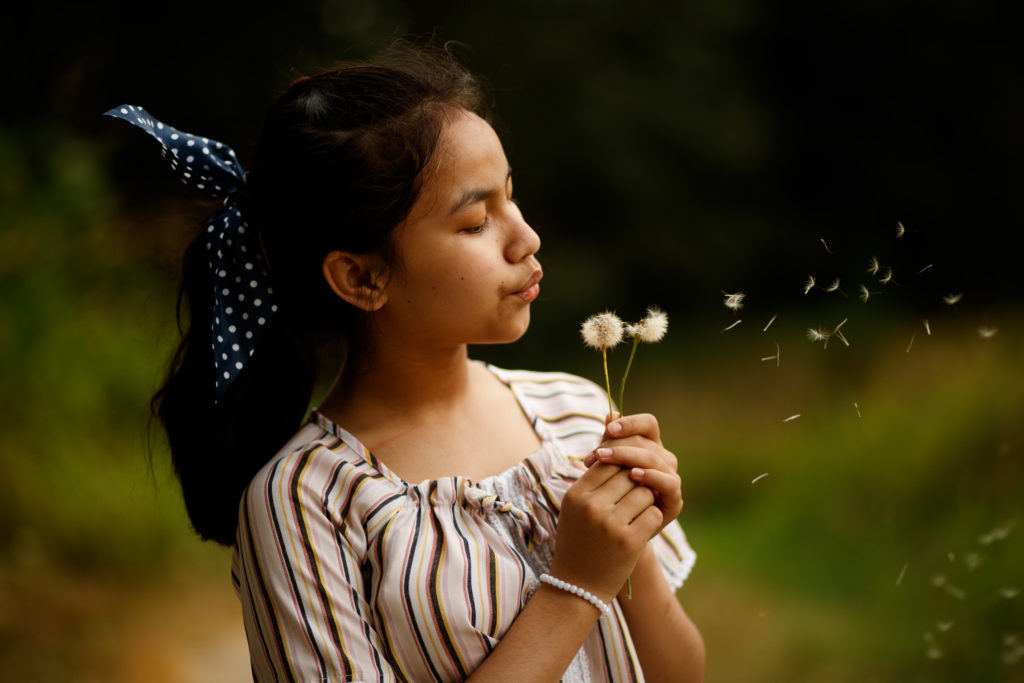
“My favorite subject is math,” she said. “I’ve liked math since Nepal.”
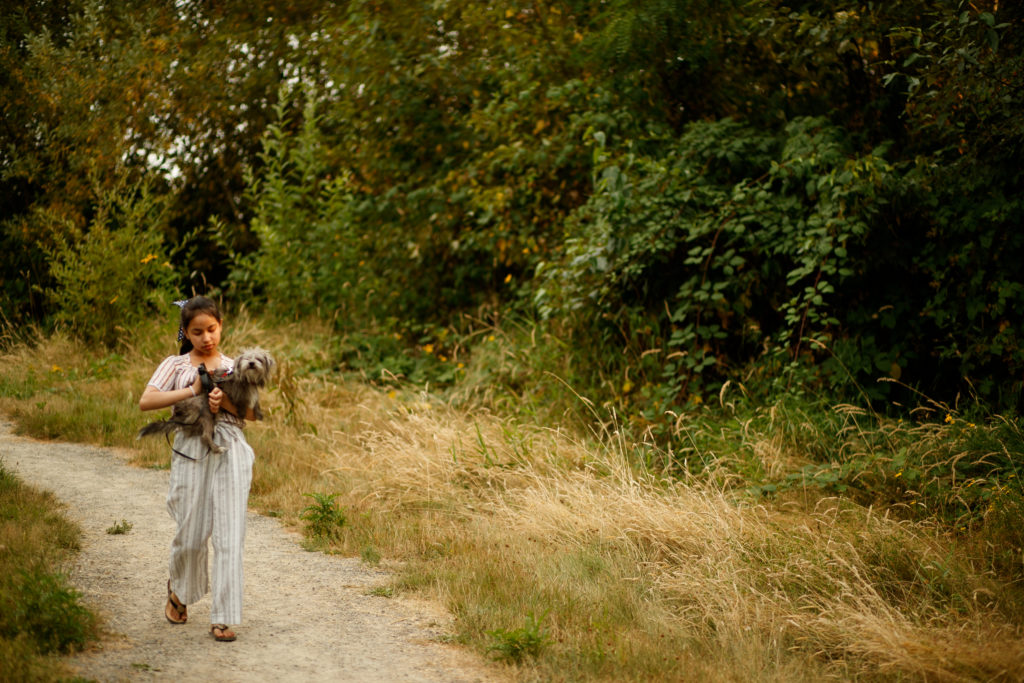

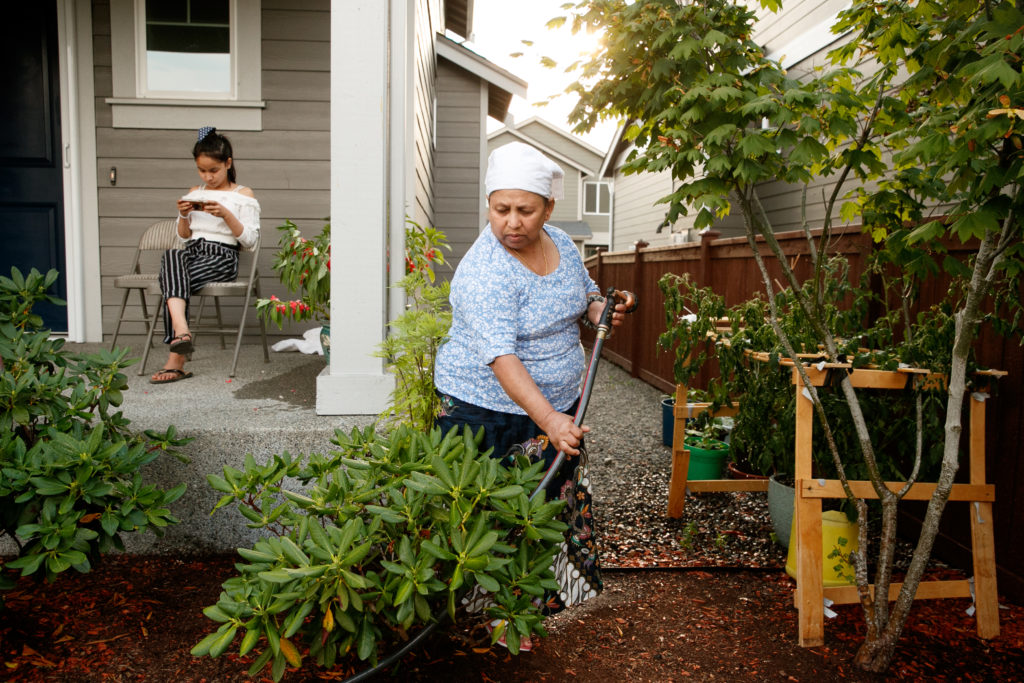
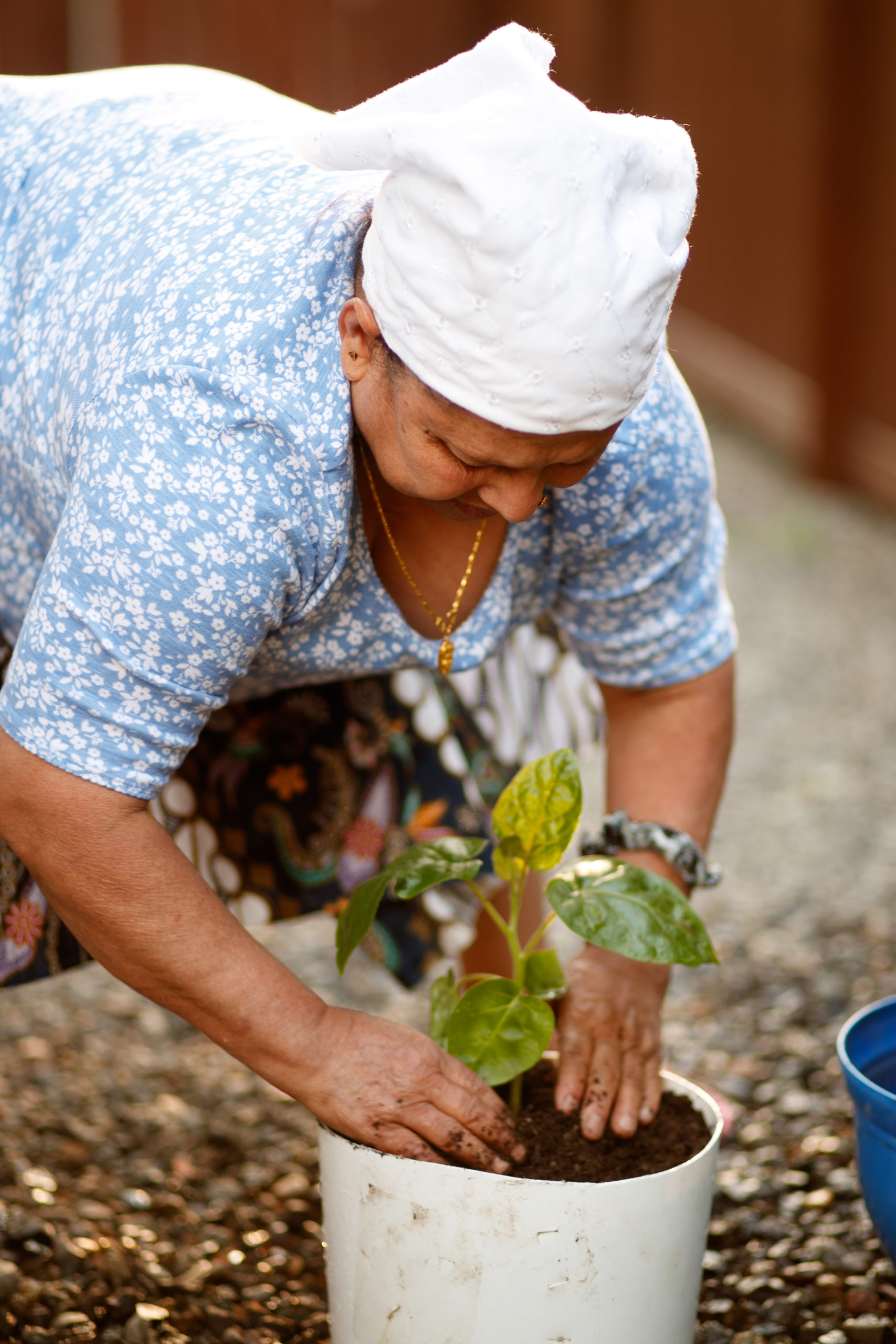

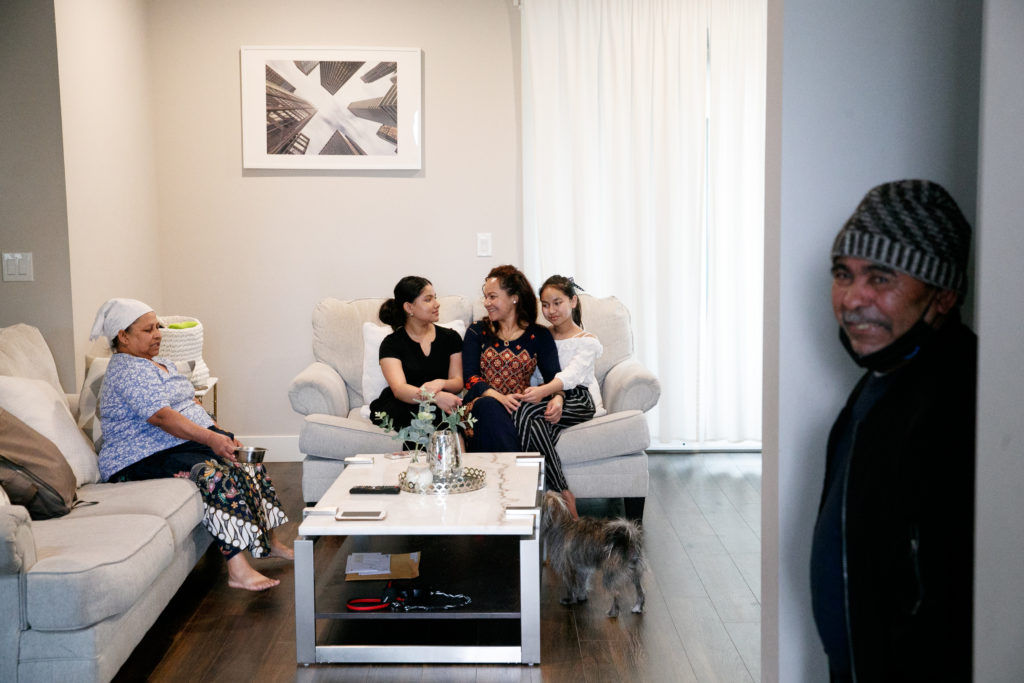
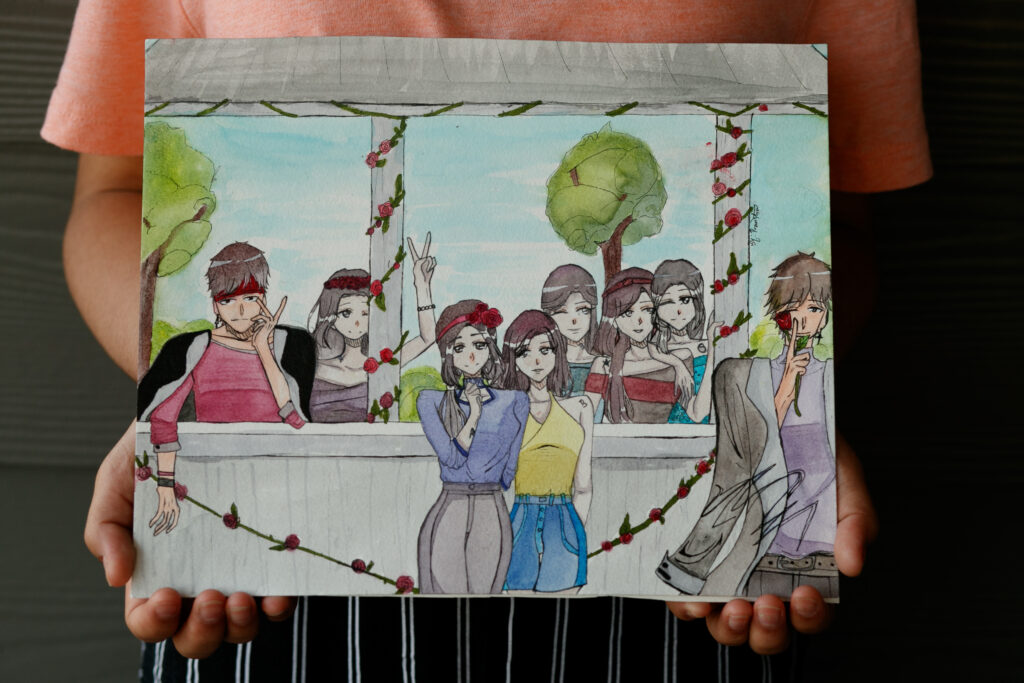
Pranshu plans to study computer engineering in college and yearns to learn violin as a hobby. More than anything, Pranshu wants to spend time and make memories with her family.
“I hope we can be happy forever,” she said.
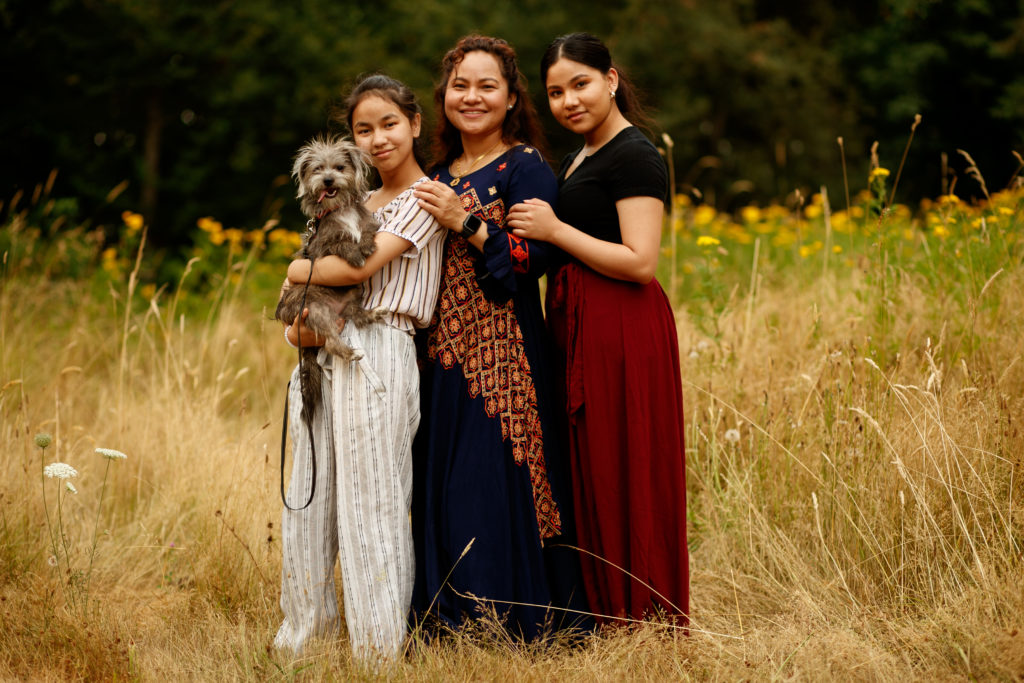
For Prashana, her next goal is to finish college and secure “a good, respectable job.” She wants to be the breadwinner for her grandparents and mother as they get older.
“I want to make my mother proud,” she says.
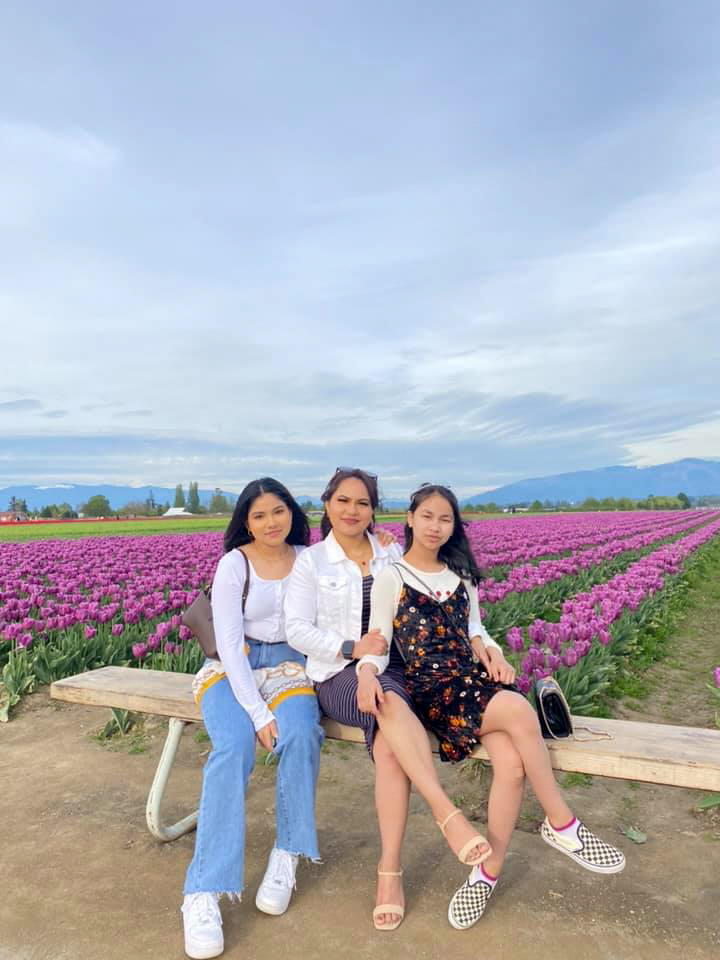
CLICK HERE TO VIEW THE ORIGINAL 2016 PROJECT 30 DAYS: A REFUGEE FAMILY’S FIRST MONTH IN THE U.S.
About the Photographer
Erika Schultz works as a staff photographer for The Seattle Times, where she focuses on photo and video storytelling. She taught visual storytelling at The University of Washington’s School of Communication, Photographic Center Northwest and Mountain Workshops. As a visual journalist, Schultz often focuses on community journalism and in-depth multimedia projects.
@erikajschultz
We invite you to sign-up for our mailing list to stay up to date about our upcoming events and other ways to support projects like this.
Unless otherwise stated, all photos are by Erika Schultz.
